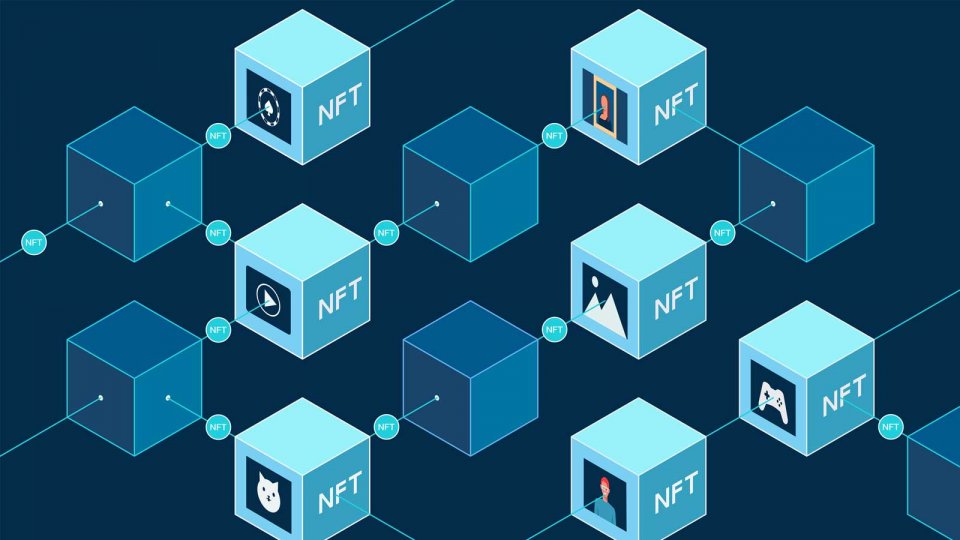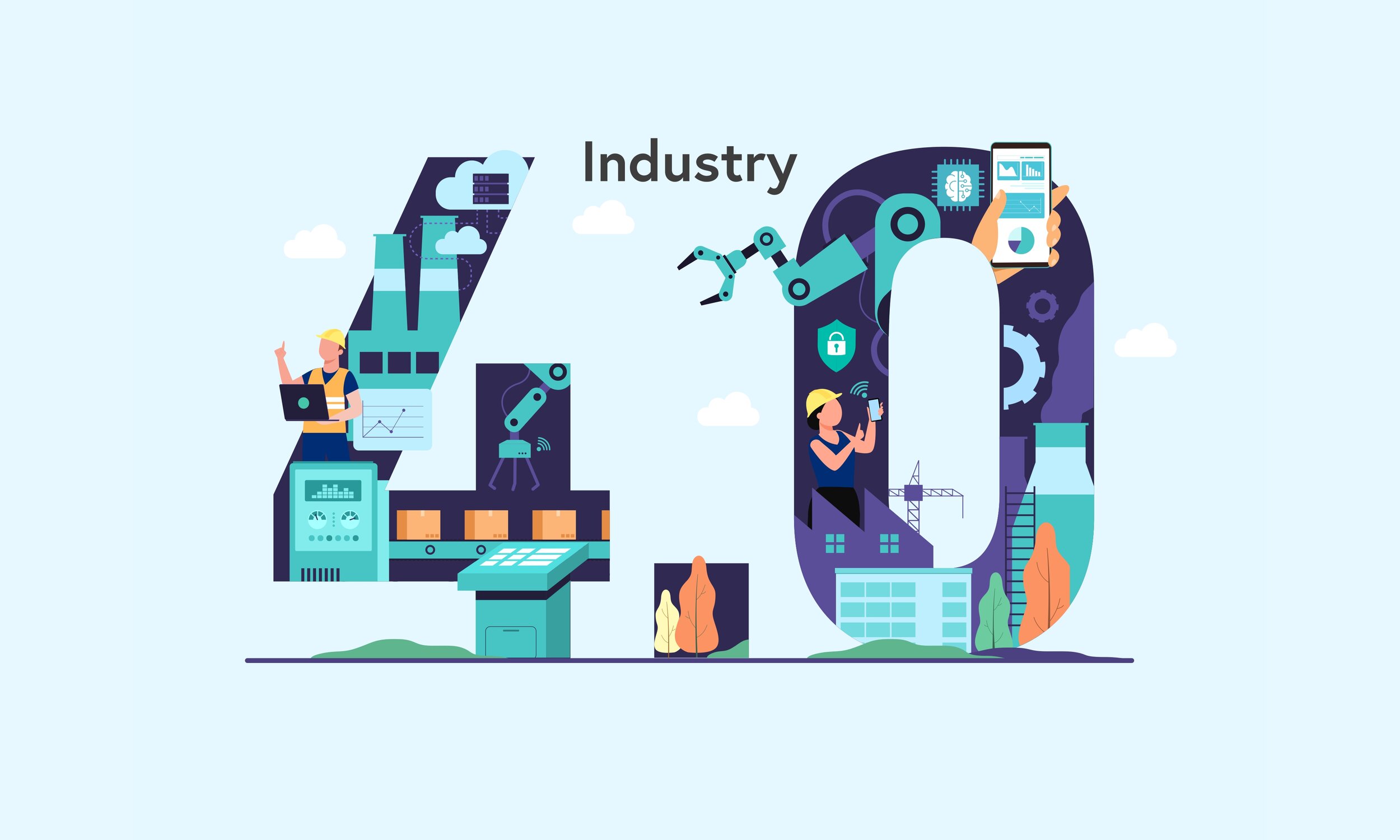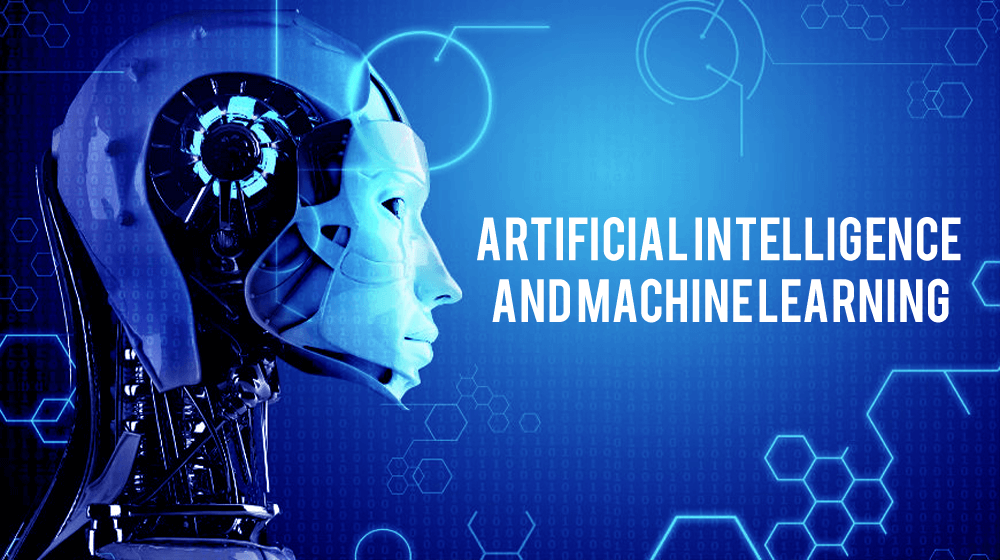This course will sharpen student’s presentation skills, which rank among the most practical
for executives: nothing will give him a more immediate competitive edge than the ability to
communicate orally in a fluent and confident manner

- Teacher: ahlam benafia
The Cybersecurity Management module focuses on the principles, practices, and policies involved in managing and safeguarding information systems within an organization. It provides a comprehensive understanding of how to mitigate cyber risks, protect digital assets, and ensure the security of sensitive data against various types of cyber threats.
- Teacher: youcef achouri
This course will equip student with a ‘tool-box’, introducing him to a selection of
behaviours and techniques that will augment his innate creativity. Some of the tools are
suited to use on his own and others work well for a group, enabling him to leverage the
power of several minds. student can pick and choose which of these tools or techniques
suit his needs and interests, focusing on some or all of the selected approaches and in the
order that fits best for him.
- Teacher: amel abderrahmane
In this course, students will learn the following:
- The historical development and origins of blockchain technology.
- Core concepts and principles of blockchain architecture.
- The basics of cryptocurrencies and smart contracts, including how they function.
- The long-term impact of blockchain on businesses and industries, with a focus on applying blockchain solutions to real-world problems.

- Teacher: ahmedsami berkani
This course on Industry 4.0 is tailored for Master 2 students specializing in Digital Transformation and Innovation. It delves into the convergence of advanced technologies and their impact on modern industries, emphasizing the role of digital transformation in enhancing competitiveness and fostering innovation. Students will explore critical elements such as the Internet of Things (IoT), artificial intelligence, big data analytics, and automation technologies, examining their applications in real-world scenarios. The course will also cover the strategic frameworks necessary for implementing Industry 4.0 initiatives, addressing challenges such as cybersecurity, workforce evolution, and the integration of new business models.

- Teacher: Karima Saidi
This course allows students to acquire knowledge about :
- The link between the leader’s behavior and team performance.
- Finding new ways to measure and manage performance.
- Unique techniques to truly tap into motivation.
- Harnessing the dynamics of the team through personality profiling.
- Optimising team flexibility and commitment using advanced coaching skills.

- Teacher: Abdessalam Hattab
- Description: This course explores advanced machine learning and AI techniques. Students will gain hands-on experience with various machine learning algorithms, neural networks, and data analysis tools to tackle complex data challenges in diverse fields.
- Target audience: Students of Master 2 in Digital Transformation and Innovation
- General objectives:
- Master the tools for machine learning analysis.
- Computationally implement an automatic decision-making algorithm.
- Master the different neural techniques.
- Implement a statistical test on real data to answer a question.
- Deploy a data analysis solution adapted to the challenges of big data.

- Teacher: Wafa Aouadj